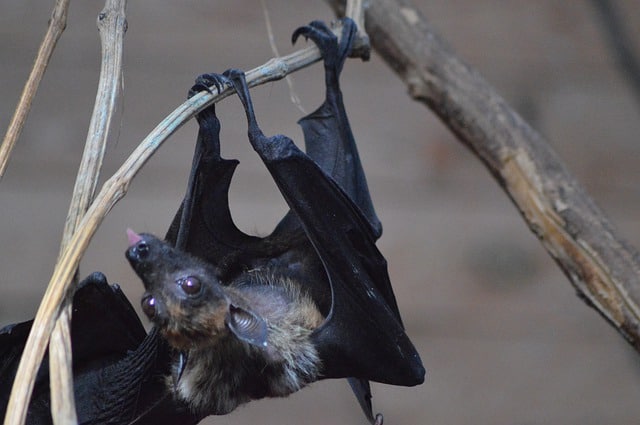Scientists have found antibodies to Ebola viruses in the blood of bats living in northeast India, as well as in the locals who hunted them. In India, there have never been outbreaks of the Ebola epidemic or its related viruses, but scientists find that there is still a reservoir for the spread of these viruses.
Due to their longevity and unique immunity features, bats have become a natural reservoir for many viruses, including those dangerous to humans. It is believed that it was from bats that the Ebola virus came to us. However, Ebola outbreaks were recorded only in Africa, but scientists also have found traces of the presence of Ebola virus and other related filoviruses in animals in different parts of the world, including, for example, Hungary and Bangladesh.
Recently, there have been reports that filoviruses may be circulating in bat populations in Southeast Asia, including the Philippines and China. Therefore, a team of scientists led by Ian Mendenhall from Duke National University in Singapore went in search of filoviruses in India.
Researchers worked with bats in the district of the village of Mimi in northeast India, near the border with Myanmar. Scientists collected blood samples, as well as biopsies of kidney, liver, and heart tissues from 16 cave bats (Eonycteris Spelaea) and 30 Rousettus Leschenaultii. None of the animal cells found the genetic material of the virus. However, scientists found antibodies to filoviruses in blood samples from one of the winged birds and four other flying bats, a sign that viruses were present in their bodies at some point in time.
In addition, scientists took blood samples from 85 people who hunted bats in the area of the village of Mimi. Five were also able to detect antibodies to filoviruses, and these antibodies were divided into two groups. One reacted with particles of the Marburg virus, and the other with Ebola virus, Zaire (which caused an epidemic in Africa). At the same time, there were no symptoms of infection in hunters, and no outbreaks of filovirus infection in India have been observed so far.
Thus, scientists have confirmed that a reservoir of filoviruses can exist even in areas where cases of infection have not yet been found. Scientists also point out that the contact of the hunter with the victim can lead to the transmission of viruses. Therefore, the authors of the work urged to closely monitor the “border” zones, where people intensively contact with bats and which can serve as channels for the spread of infection.
